
The US Food and Drug Administration has updated the emergency use authorization for bivalent COVID-19 vaccines to be available for children aged 6 months and older.

The US Food and Drug Administration has updated the emergency use authorization for bivalent COVID-19 vaccines to be available for children aged 6 months and older.

A recent article highlighted multiple therapies for treating atopic dermatitis, including many which do not require a prescription.

A recent article highlighted multiple forms of treatment for atopic dermatitis, detailing their benefits and adverse events.

Steven Selbst, MD, pediatric emergency medicine physician at Nemours Children's Health, discusses the surge of RSV cases and hospitalizations this season.
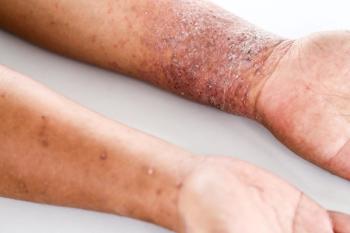
Adults with atopic dermatitis saw improved symptoms when taking dupilumab compared to placebo, regardless of the age when they first presented with the condition.

MRI studies have associated white matter bundles with greater severity of ADHD symptoms.

Teenagers with ADHD were less likely to engage in long glances away from the road after taking a computerized skills-training program, reducing the risk of collisions.

When surveyed on perception of care, parents’ responses differed based on racial, ethnic, and socioeconomic factors.

In a recent study, rates of urinary tract infections and invasive bacterial infections in infants aged under 60 days saw a downward trend monthly after the start of the COVID-19 pandemic.

Visits to primary care centers for mental health disorders saw an overall increase during the COVID-19 pandemic compared to a prepandemic period.

The AAP recently released a list of 5 frequent conditions in pediatric patients which often see unnecessary testing.
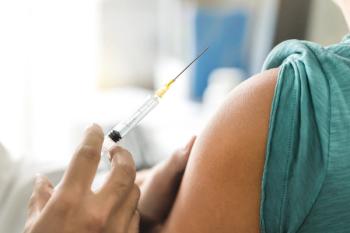
In a recent study, infants born from mothers vaccinated against influenza were less likely to be hospitalized from the disease than those born to unvaccinated mothers.

COVID-19 has caused millions of children worldwide to miss their measles vaccinations, putting them at increased risk of measles infection.

This month’s top news stories.

In a recent study, it was found that individuals with public health insurance had worse health competence beliefs, reducing transition goals, expectations, and beliefs.

In a recent study, benzodiazepine use for treating sleep disorders was associated with increased risk of drug overdose.

A recent report from the AAP and AACPDM discusses how to identify and treat cerebral palsy in children.

According to the 2022 March of Dimes report card, it was reported that maternal and infant outcomes have worsened, with the preterm birth rate reaching 10.5% in 2021.

Data from the DANish LIFE course cohort indicated that individuals with high adversity in childhood were at a greater risk of developing cardiovascular diseases than those with low adversity.
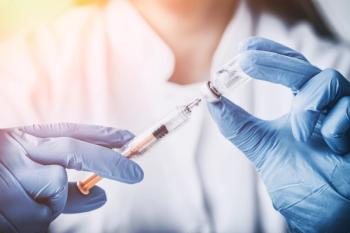
Bradley Warady, MD, pediatric nephrologist and researcher at Children’s Mercy Kansas City, discusses the causes of vaccine hesitancy and the effects of vaccine hesitancy on public health.
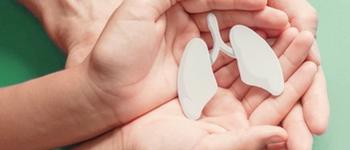
In a recent statement, the American Academy of Pediatrics discussed how patients with respiratory infections can be managed, along with guidance on RSV treatment.

A recent study found that infants born to mothers with maternal comorbidities, such as preeclampsia, had higher risk of poor kidney function.

New updates to the Special Supplemental Nutrition Program for Women, Infants, and Children would provide more nutritious options to low-income families.

Researchers from New York University have found that children are vulnerable to deceptive marketing of unhealthy food because of a lack of government oversight.
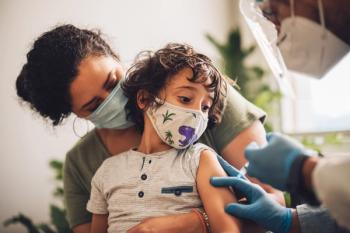
A recent poll showed that some parents do not discuss vaccines with their child’s regular doctor, with many choosing to not have their child receive any vaccines.
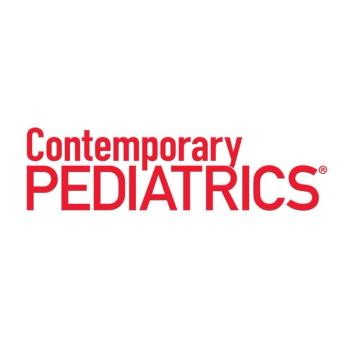
A look at what the Contemporary Pediatrics® team covered this week.

In a recent study, it was found that the rate of hospital admissions and assessments for eating disorders significantly increased after the onset of the COVID-19 pandemic.

In a recent study, investigators found that life-threatening neurologic conditions from severe acute COVID-19 were more frequent in 2021 than 2020.

In a recent study, racial minorities of an older age with non-classic cutaneous manifestations were more often to present with juvenile idiopathic inflammatory myopathies after COVID-19 infection.
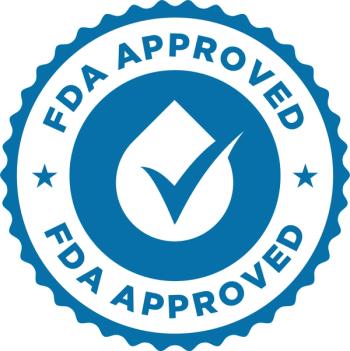
At ACR Convergence 2022, Amit Golding, MD, PhD, outlined drugs recently approved by the FDA, and discussed the requirements for biosimilars to meet approval.